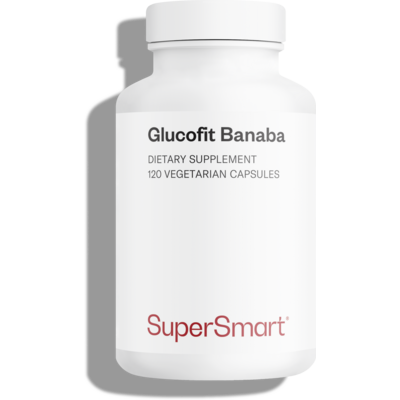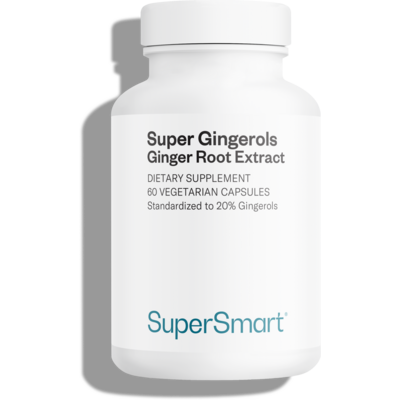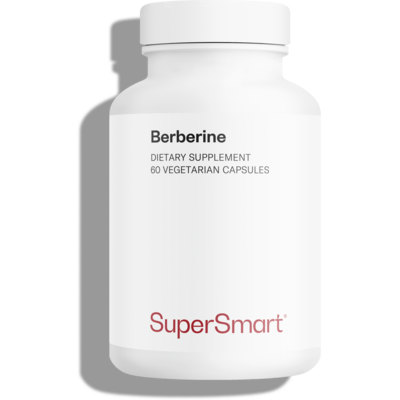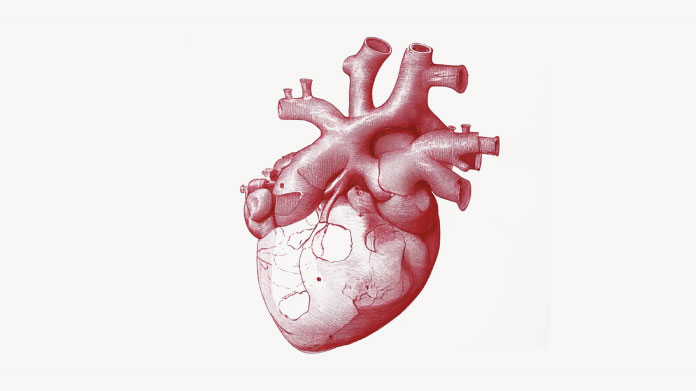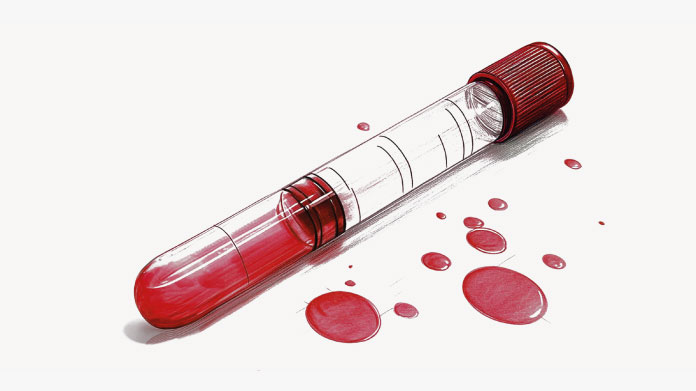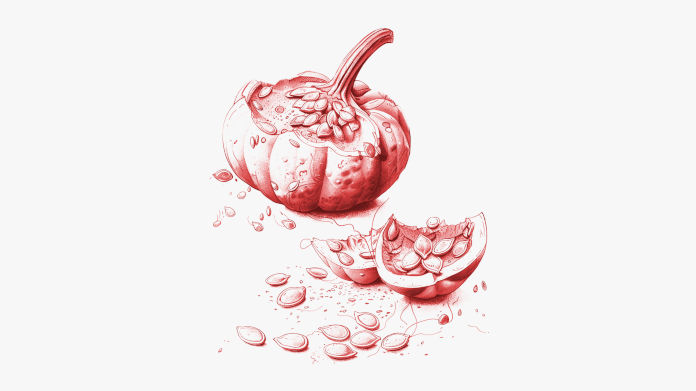Diabetes: which supplements are helpful?
Characterised by chronic hyperglycemia, most cases of diabetes in the West are linked to lifestyle choices. The good news is that certain dietary supplements can help regulate blood glucose levels.
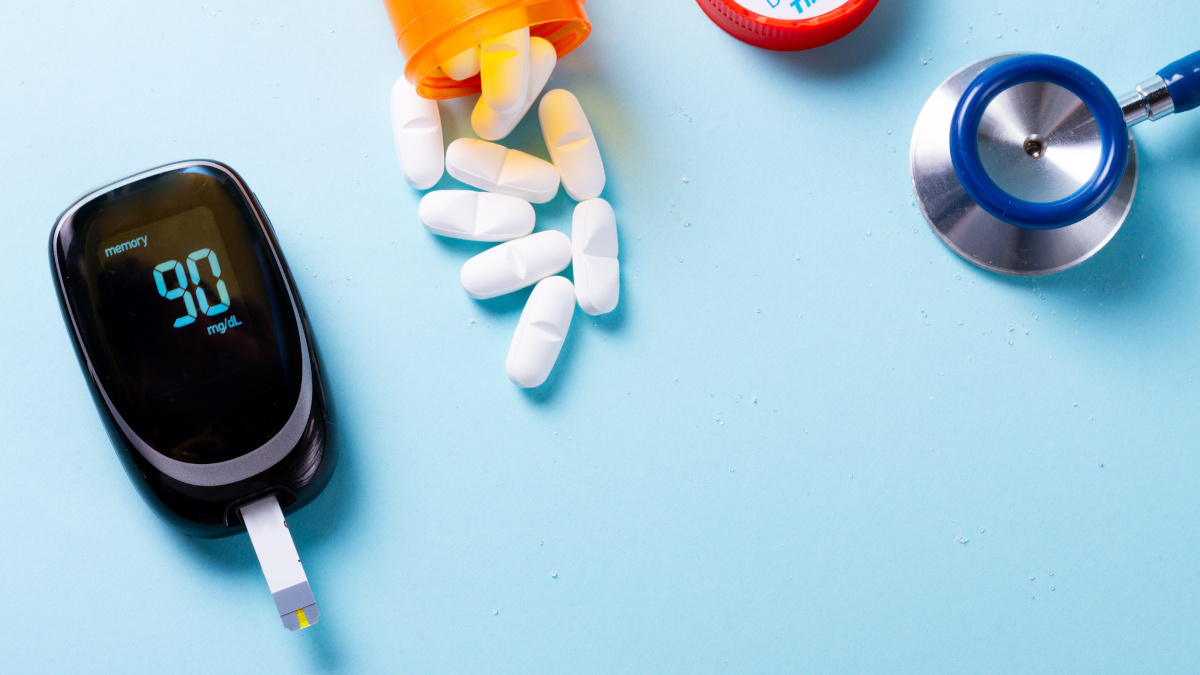
Diabetes: a modern global pandemic
Described by the World Health Organization as “a leading cause of death globally”, diabetes constitutes a genuine worldwide pandemic, which in all likelihood, poses one of the greatest threats to mankind since the end of the Second World War.
Indeed, there are approximately 61 million diabetics in Europe and 537 million worldwide, though these figures are rising constantly: the number of people with diabetes has increased by 74 million in just two years (1).
This is hardly surprising: type 2 diabetes, which accounts for over 90% of all diabetes cases, is primarily associated with a sedentary lifestyle and a high-fat, high-sugar diet.
In normal circumstances, intake of dietary carbohydrates naturally causes blood sugar levels, or glycemia, to rise after a meal.
The pancreas responds by producing a hormone whose function of which is to allow cells to take up this glucose as needed, with excess sugar sent to the liver and fat cells to be stored.
Except that with age, and especially when the diet contains too much fat and sugar, cells become resistant to the pancreatic hormone: this is the first stage of type 2 diabetes.
From that point on, the pancreas increases production of the hormone that regulates blood sugar levels in order to maintain its blood sugar-lowering effect: this is the second stage of type 2 diabetes.
After a few years, in the absence of any improvements to the diet, the pancreas becomes exhausted and stops producing enough blood sugar regulating hormone: this is the third stage of type 2 diabetes.
Standard treatments for type 2 diabetes
Initial approaches to treating type 2 diabetes are fairly self-evident (2):
- lead a less sedentary lifestyle by increasing levels of physical activity - not only to increase calorie expenditure (and thus promote weight loss) but also to stimulate muscle cells to use up glucose, thereby lowering glycemia (3);
- adopt a healthier, more balanced diet, with less fat and added sugars. A Mediterranean-type diet is an excellent example (4).
Should these diet and lifestyle measures prove ineffective at lowering blood sugar levels, doctors will generally recommend diabetes medication, in the form of tablets and then injections.
Which dietary supplements can help lower glycemia?
To tackle this genuine diabetes pandemic and the rapid progression of symptoms, scientists have increasingly been turning their attention in recent years to certain plants used in traditional medicine around the world to help lower blood sugar levels.
Ginger and glycemia
Ginger is recognized for helping to regulate blood sugar levels. Several studies suggest that ginger, particularly its gingerol content, has an inhibitory effect on alpha-amylase and alpha-glucosidase. Ginger may also act by modulating pancreatic hormone production and may improve cells’ sensitivity to this hormone. Hence the scientific interest in the potential of ginger in helping to tackle diabetes (5-7).
The blood sugar-lowering effects of fenugreek supplements
With a long history of use in many traditional systems of medicine, fenugreek is also being studied for its ability to lower blood sugar levels. One of its active principles, 4-hydroxyisoleucine, is believed to be responsible for its effects on the pancreatic hormone (8-9).
Fenugreek is thus recognized for helping to maintain healthy blood sugar levels.
The role of Gymnema sylvestre in pancreatic function
Australia, Japan, Vietnam: Gymnema sylvestris is used in traditional medicine in many countries in Asia and Oceania, as well as in Ayurvedic medicine.
While this vine-like shrub is recognized for supporting weight control, as well as fat and carbohydrate metabolism, it is of particular interest to doctors for its beneficial effects on the pancreas. The active principles in Gymnema sylvestris appear to promote the regeneration of beta cells, a type of cell found in the pancreas which is involved in production of the blood sugar regulating hormone. The plant is therefore considered to offer particular promise in the treatment of type 2 diabetes, especially at an advanced stage (10-11).
The many benefits of Berberis for diabetes
Plants belonging to the Berberis family, such as barberry, contain berberine, an alkaloid widely studied for its antioxidant, hypolipidemic and blood sugar-lowering effects.
In a number of studies investigating the efficacy of berberis-based treatment in diabetic subjects, the plant was found to support glucose catabolism, stimulate pancreatic hormone production and improve its blood glucose-lowering function(12-13).
Why supplement with Banaba?
Banaba or crape myrtle, has been used for thousands of years in traditional Asian medicine in the form of a tea or extract, to support weight loss and regulate glycemia. Recent studies have demonstrated that the benefits of banaba, including its recognized contribution to glucose metabolism, are due to one of its active principles: corosolic acid.
That’s why, since the early 2000s, a number of studies have been conducted to evaluate the potential of this Asian plant in the treatment of diabetes and its complications.
It goes without saying that you should feel free to seek advice from your doctor before starting any course of supplements, alongside your medication.
SuperSmart ADVICE
References
- https://ceed-diabete.org/fr/le-diabete/les-chiffres/
- https://www.vidal.fr/maladies/metabolisme-diabete/diabete-type-2/traitement.html
- LAMONTE, Michael J., BLAIR, Steven N., et CHURCH, Timothy S. Physical activity and diabetes prevention. Journal of applied physiology, 2005, vol. 99, no 3, p. 1205-1213.
- SAMI, Waqas, ANSARI, Tahir, BUTT, Nadeem Shafique, et al.Effect of diet on type 2 diabetes mellitus: A review. International journal of health sciences, 2017, vol. 11, no 2, p. 65.
- AKASH, Muhammad Sajid Hamid, REHMAN, Kanwal, TARIQ, Muhammad, et al.Zingiber officinale and type 2 diabetes mellitus: evidence from experimental studies. Critical Reviews™ in Eukaryotic Gene Expression, 2015, vol. 25, no 2.
- AL-AMIN, Zainab M., THOMSON, Martha, AL-QATTAN, Khaled K., et al.Anti-diabetic and hypolipidaemic properties of ginger (Zingiber officinale) in streptozotocin-induced diabetic rats. British journal of nutrition, 2006, vol. 96, no 4, p. 660-666.
- LI, Yiming, TRAN, Van H., DUKE, Colin C., et al.Preventive and protective properties of Zingiber officinale (ginger) in diabetes mellitus, diabetic complications, and associated lipid and other metabolic disorders: a brief review. Evidence-Based Complementary and Alternative Medicine, 2012, vol. 2012.
- KHOSLA, P., GUPTA, D. D., NAGPAL, R. K., et al.Effect of Trigonella foenum graecum (Fenugreek) on blood glucose in normal and diabetic rats. Indian journal of physiology and pharmacology, 1995, vol. 39, p. 173-173.
- VAIDYA, Shivani. Review on gymnema: an herbal medicine for diabetes management. Pharmacia, 2011, vol. 1, no 2, p. 37-42.
- AHMED, A. Bakrudeen Ali, RAO, A. S., et RAO, M. V. In vitro callus and in vivo leaf extract of Gymnema sylvestre stimulate β-cells regeneration and anti-diabetic activity in Wistar rats. Phytomedicine, 2010, vol. 17, no 13, p. 1033-1039.
- BELWAL, Tarun, BISHT, Aarti, DEVKOTA, Hari Prasad, et al.Phytopharmacology and clinical updates of Berberis species against diabetes and other metabolic diseases. Frontiers in pharmacology, 2020, vol. 11, p. 41.
- MOAZEZI, Zolikha et QUJEQ, Durdi. Berberis fruit extract and biochemical parameters in patients with type II diabetes. Jundishapur journal of natural pharmaceutical products, 2014, vol. 9, no 2.
Keywords
8 Hours
Order was shipped on time and packaged…Wonderful Jobs!
Order was shipped on time and packaged excellently.
DMHoge
6 Days
great products and prices
great products and prices
Marie
12 Days
Easy to navigate site
Easy to navigate site, had what I was searching for, good price. easy order-check out
James Tucker
18 Days
My skin is clearing up nicely!
Pretty good for my skin so far.
Christian
20 Days
The new packaging is excellent
The new packaging is excellent - finally! No more squashed boxes and torn envelopes.
GORAN
21 Days
Great Product
Great Product
Larry Garrett
25 Days
Quick shipping
Quick shipping; good price. No issues!
Mary McCarty
27 Days
Thr product is very good and is helping…
Thr product is very good and is helping me on my health. Then is always on time
LUGO Luz
29 Days
Buying was fine
Buying was fine. I had problems with the website not recognizing my login info, and had to call to get it fixed. Other than that, everything was good.
David S. Clark
30 Days
Your super maca and super ginseng are…phenomenal
Your super maca and super ginseng are phenomenal supplements that compliment each other when taking them together. Fantastic feeling of well-being and lots of mid day energy without the crash.
Keith Mason
32 Days
I have had amazing results with every…
I have had amazing results with every supplement I've purchased. I am extremely satisfied with this company
kirstin Torres
32 Days
Fine products
Fine products . They are on the leading edge of online supplements. The only issue -so far-is they sometime run out of subscription items.
Jason Argos
35 Days
The ordering process is very user…
The ordering process is very user friendly and the products always come in a timely manner.
CARTER Rhonda
36 Days
The price for Dr
The price for Dr. Pero's AC-11 is reasonable and in line with his views. (my former colleague). Keep it pure.
CAMPBELL Clayton
39 Days
Right on every time.
Right on every time.
Arthur Nicholas



